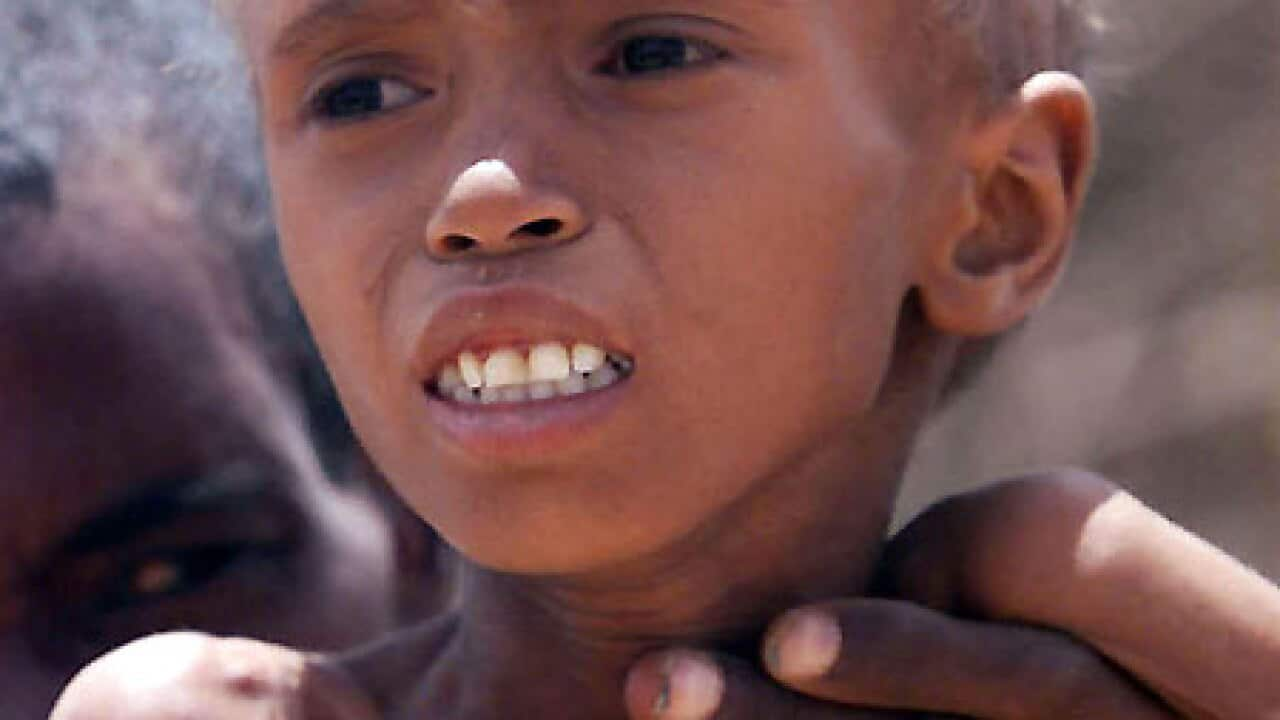Citing former rebels and CIA documents, it said militant leaders posed as merchants in meetings with aid groups who flooded into Ethiopia to help during the famine, highlighted by the global Live Aid charity concert in 1985.
"Some funds that insurgent organisations are raising for relief operations, as a result of increased world publicity, are almost certainly being diverted for military purposes," said a 1985 CIA assessment cited by the broadcaster.
The BBC quoted a Christian Aid worker, Max Peberdy, as saying he took nearly 500,000 dollars (364,000 euros) into Ethiopia in 1984 to buy grain from merchants, who he believes were genuine.
"It's 25 years since this happened, and in the 25 years it's the first time anybody has claimed such a thing," he told the broadcaster.
But the merchant he dealt with, Gebremedhin Araya, claims he was in fact a senior member of the Tigray People's Liberation Front (TPLF).
Aid workers 'fooled'
"I was given clothes to make me look like a Muslim merchant. This was a trick for the NGOs," said Araya, adding that he handed the money to TPLF leaders including Meles Zenawi, who became Ethiopian prime minister in 1991.
Meles's office declined to comment on the allegation, said the BBC.
Former TPLF commander Aregawi Berhe, who now lives in exile in the Netherlands, said 95 percent of the some 100 million dollars received by TPLF in 1985 went on buying arms or building a hard-line party within the movement.
"The aid workers were fooled," he said.
Responding to the BBC report, Christian Aid said: "There are allegations in the story which are against all of Christian Aid's principles and our initial investigations do not correspond to the BBC's version of events."
Live Aid charity concert
Nick Guttmann, the group's director of emergency relief operations, said the story had to be put into context. "We were working in a major conflict, there was a massive famine and people on all sides were suffering," he said.
"Both the rebels and the government were using innocent civilians to further their own political ends," he added.
He stressed that in all relief operations, Christian Aid produced a budget and "always followed up with monitoring visits to see the projects and account for every penny."
A million people died as a result of the 1984 famine, blamed on Ethiopia's then military regime's untenable land policies, forcible eviction of millions of people and covering up the famine. The regime was toppled in 1991.
Last year, Irish rock star Bob Geldof returned to the country to mark the 25th anniversary of the disaster and the Live Aid concerts he helped organise, starting a trend for celebrity-driven charity drives which continues today.
Share

